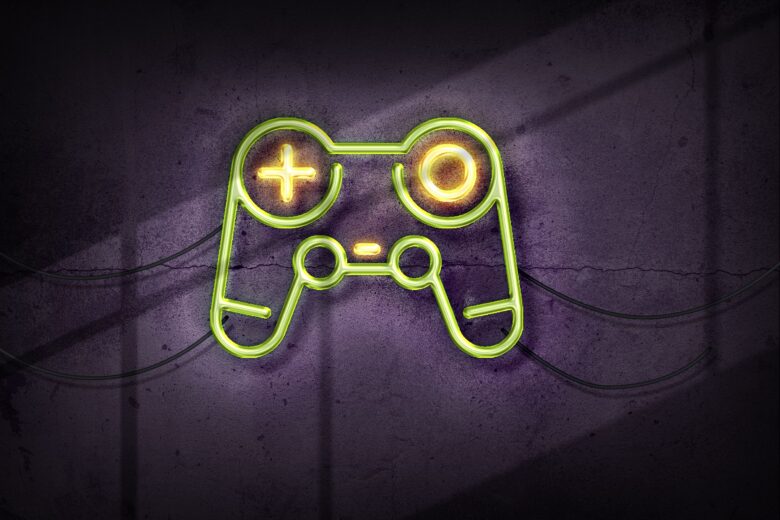What is the first piece of advice that all aspiring cryptocurrency investors hear before buying their first cryptocurrency, whether it be on cryptocurrency forums, cryptocurrency manuals, or social media? Frequently, it’s to get a safe cryptocurrency wallet.
Non-fungible tokens, or NFTs, are likewise subject to this regulation. NFTs are tokenized digital assets that utilize the blockchain to validate their uniqueness, making them comparable to cryptocurrencies in that regard. Holders of NFTs need a digital wallet, much like those who own cryptocurrencies, in order to begin transactions and keep their assets secure.
These days, there are a lot of different cryptocurrency wallets, but some of them are better than others. In this article, we’ll define NFT wallet types and examine the top five NFT wallet types for securing the storage of your cryptocurrency holdings. Learn more how to make a cryptocurrency or NFT wallet.
How Does an NFT Wallet Work?
Non-fungible tokens may be safely kept in an NFT wallet. A tangible item (such a flash drive) or an app that can be used on a browser, computer, or smartphone may both serve as the wallet. It provides NFT holders with a public wallet address and a private key for starting transactions, giving them total control over their digital assets.

Here, the word “wallet” refers to a safe location where you may keep your evidence of ownership of a digital currency rather than a real billfold where you keep cash and credit cards. For the storing of all varieties of crypto assets, including NFTs, a crypto wallet is required.
Related: Introducing the best NFT wallet
Drawings, videos, GIFs, music, books, artwork, and even this post may all be represented by an NFT. Sales of NFTs allegedly reached $25 billion in 2021, making the medium a prominent subject. Security naturally becomes an issue with sales figures like that, particularly for clients with NFT portfolios worth hundreds of thousands or even millions of dollars.
The good news is that owners of NFT have a wide range of wallet choices. As blockchain-based assets, NFTs and cryptocurrencies are fundamentally comparable, and as a result, many wallet alternatives for cryptocurrencies also accept NFTs.
Cold and Hot Cryptographic Wallets
Hot wallets and cold wallets are the two main types of cryptocurrency wallets. Hot wallets are web-based, mobile, and desktop wallets that are often offered by cryptocurrency exchanges and markets as a quick and easy way to store cryptocurrency. They are referred to as “hot” because they are continually logged on to the internet and hence open to cyberattacks.
Cold wallets are offline storage methods including air-gapped PCs, hardware wallets, and paper wallets. Since they are entirely offline, these wallets are “cold,” making them impervious to internet attack. Cold wallet theft would need physical access to the wallet, and even then, the thief would need the victim’s private keys to have access to the wallet’s contents.
The best option for safe storage is a cold wallet, which is also suggested for long-term storage. They are less practical than hot wallets, however, since you must connect your cold wallet to a computer in order to view your NFTs and conduct transactions.
NFT holders have a wide range of options due to the thriving market for cryptocurrency wallets. The majority of wallets made for Ethereum tokens can handle NFTs since the bulk of NFTs are created on the Ethereum blockchain. In order to meet the needs of the growing industry, several well-known crypto wallets are now introducing support for NFTs.
Hot NFT trends recently have included brand marketing, TV series, movies, games, music, art, and music. Many new investors have been drawn to the NFT market by its expansion, and much like with cryptocurrencies, getting a solid NFT wallet is the first step before making an investment.
How to Use an NFT Wallet for Transactions
Any NFT transaction procedure demands the use of a wallet. Similar to a bank account number or the email address you use for PayPal transfers and deposits, it gives you an address.
For instance, if you were a buyer, you would provide the seller your wallet address so they may “deposit” an NFT into your wallet. If you were a selling, you would start a “transfer” from your wallet to the wallet address of your buyer. Cryptocurrency transactions are among the safest and most secure in the world since the whole process is encrypted from beginning to end and protected by the blockchain.

What Advantages Does an NFT Wallet Offer?
An NFT wallet is required for maintaining your private keys, the passwords that give you access to your assets, as well as for storing and protecting your NFTs. Your NFT is technically stored on the blockchain, not in the wallet. Instead, it keeps track of where your assets are located on the blockchain and gives you access to the private keys that serve as evidence of your ownership of a certain NFT and let you to conduct transactions.
You may send and receive NFTs from anywhere in the globe and securely manage all of your NFTs with a good wallet. You can also connect to decentralized applications (DApps) and NFT markets, like OpenSea.
It makes sense not to entrust a third party with your crypto holdings. Cryptocurrency exchanges have failed and disappeared with customer monies. One well-known instance is the 2014 collapse of the Japanese-based cryptocurrency exchange Mt. Gox, which occurred after 850,000 bitcoins (worth $450 million at the time) were stolen. These coins were taken from the platform’s hot custodial wallet and belonged to users.
The aforementioned case serves as evidence for the recommendation that you exclusively keep your assets in noncustodial wallets, which are distinct from user accounts on cryptocurrency exchanges and marketplaces. In a noncustodial wallet, the user is in control of their private key, which serves as both a password and a transaction signer. You will never again have access to your assets if you misplace your private key.
Why Is a Good NFT Wallet Important?
The following are some characteristics of an excellent NFT wallet.
• Two-factor authentication: Security is crucial, particularly when using hot wallets. To the minimal extent necessary, you should activate security mechanisms like two-factor authentication to safeguard the safety of your assets.
• Cross-blockchain compatibility: Although the Ethereum blockchain hosts the bulk of NFTs, it is not the only blockchain network that does. On other networks like Tezos, Flow, Solana, Algorand, TRON, Binance Smart Chain, EOS, and Cardano, it is possible to mint, purchase, and trade NFTs. A wallet with cross-chain interoperability is essential if your NFT collection includes NFTs that were created on several blockchains.
• Effective user interface: It is quite crucial to have a “friendly” user interface. For the majority of newbies, the notion of NFTs and crypto assets in general is already challenging, and a challenging user interface simply makes things worse. A decent wallet need to be simple to use and set up.
• Accessibility: A decent wallet need to be used on a variety of gadgets. It should at the very least be accessible through a web browser or other desktop software on your computer and a mobile app on your smartphone. Real-time synchronization for transactions across all devices would be ideal for the wallet.




